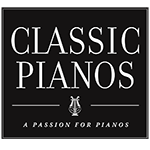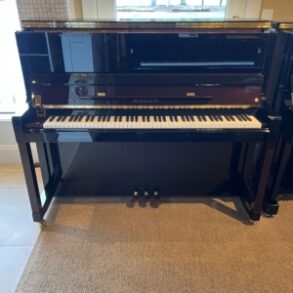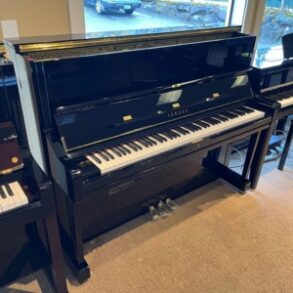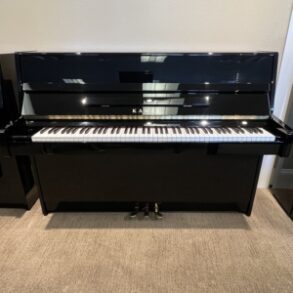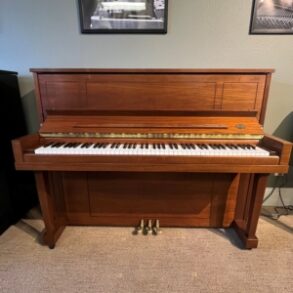All Ages Benefit From Learning to Play the Piano
Music can improve mood, enhance concentration, and enrich language skills
Music lovers know that music has a strong grip on our emotions. It can move us to tears, give us chills, and bring joy into our lives. There are benefits to playing the piano, however, that go far beyond emotion and enjoyment. Both adults and children can appreciate these advantages!
INTELLIGENCE
Boost Brain Function
The entire brain is stimulated by music
Increased IQs and test scores have been seen in students – both adults and children – who take piano lessons. Adults may also increase their overall brain function because piano playing causes neural connections to increase and expand.
Generates Self-Esteem and Social Outlets
Playing piano in front of an audience makes students feel more confident in social scenarios
Knowing how to read music creates opportunities for future social activities, like playing in bands or music groups. Music is also a great shared interest for older adults looking to make new friends. Not only does music increase overall happiness but it reduces loneliness.
Enhances Concentration
Playing piano is mental exercise
Daily piano practice improves a student’s concentration and ability to focus. This enhanced concentration is useful in other areas of life, especially in education. This is true not only of children, but adults too. Regular practice is a great “workout” for the brain.
FOCUS
Improves Mental Health
Music can reduce negative emotions
Music, which has shown to be an efficient tool to help process emotions, can be an effective way to reduce stress, depression, and anxiety.
MATH IMPROVEMENT
Promotes Abstract Reasoning
Music can improve analytical thinking
Studies have found that music students are more successful in math and science classes. Music may trigger growth in key areas of the brain, thanks to its scientific patterns and mathematical structure.
Enriches Speech and Language
Boost language development by reading music
Piano lessons improve reading skills and even assist early language development. Music may also help children with dyslexia, scientists believe, since it promotes the learning and processing of speech.
